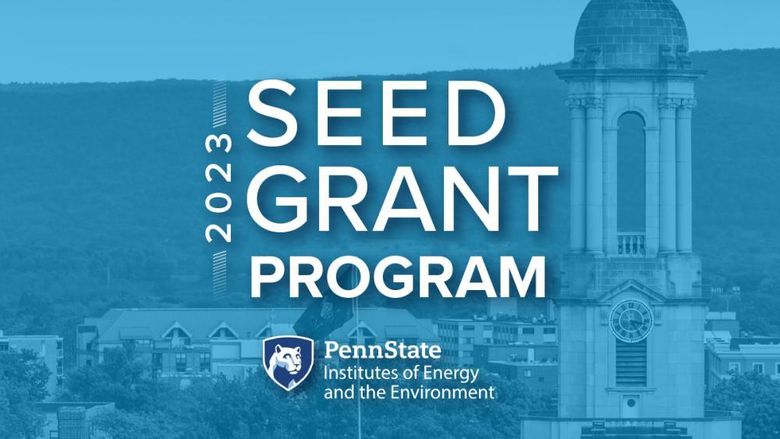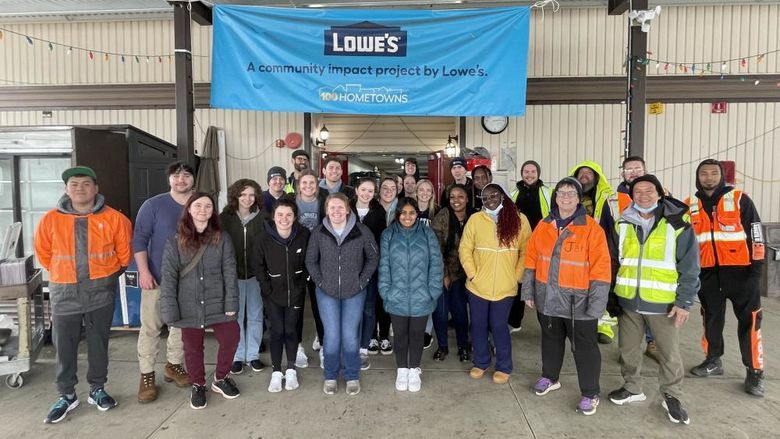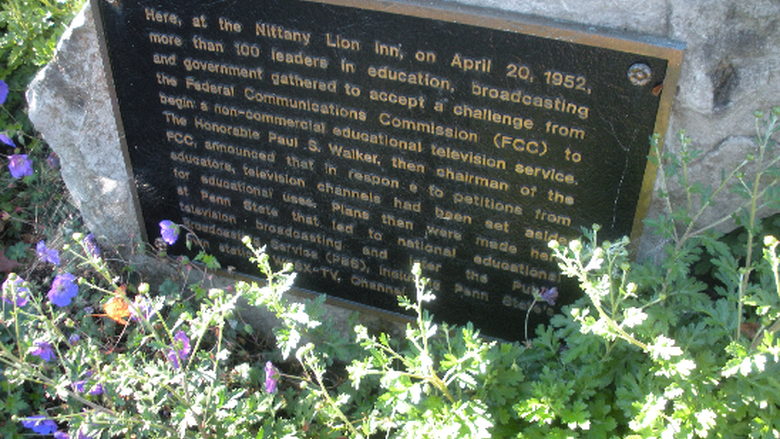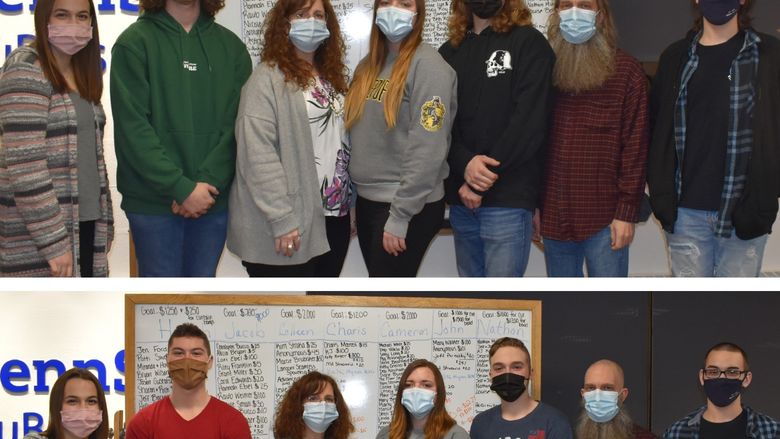Penn State DuBois Wildlife Technology student Jerimiah Irvin prepares to band a Northern Waterthrush during a bird banding demonstration for members of the Wildlife Leadership Academy.
DUBOIS, Pa. -- Members of the Wildlife Leadership Academy (WLA) spent the day exploring their educational options at Penn State DuBois on Sept. 24. Faculty and staff at the campus welcomed a dozen academy students and their families for a glimpse at the Penn State DuBois Wildlife Technology Program.
According to representatives from the WLA, the organization's mission is to engage high school age youth to become conservation ambassadors to ensure a sustained wildlife, fisheries and natural resource legacy for future generations. A year-round program, the academy begins with rigorous summer field schools that focus on wildlife biology and conservation, as well as development of leadership skills. It continues with community outreach through education, service, and interaction with media and the arts. The academy is based in Lewisburg, Pennsylvania, but has field schools throughout the state.
“We really want to create the next generation of conservation ambassadors, cultivating a passion in them,” said Katie Cassidy, a program and outreach coordinator for WLA. “We take the students from high school, through career, and we want them to understand there are career paths where they can do what they love.”
Students learned more about careers paths that they can take as a graduate of the Wildlife Technology Program at Penn State DuBois. During their visit they participated in a bird banding exercises on a small piece of wetlands near campus, and met with admissions representatives to receive a complete description of the Wildlife Technology program and the professional opportunities that can be made possible by earning the degree, including those in conservation and natural resources, fisheries, forestry, and more. They also traveled to the Keystone Elk Country Visitors Center in Benezette, Pennsylvania, to meet with graduates from the Penn State DuBois program who are now employed there.
The bird banding exercise, in particular, gave students a look at some of the work they might do as a wildlife or conservation professional. Instructor in Wildlife Technology Emily Perlock led the demonstration, showing students how birds are captured in nets and fitted with bands on their legs that can be used to track them when they are captured again in different locations, or in coming years. The campus collaborates with other organizations through the Bird Banding Laboratory of the National Geologic Survey, using the information from these banded birds to determine migration patterns, habitat needs of different species, and more. The information then helps them to better manage habitat.
“Little patches like this near campus are really important. This proves that these places, even though it’s surrounded by development, can be really important to birds,” Perlock noted from the banding station in a small wet lands area in the middle of the city while she and her wildlife technology students examined a Northern Waterthrush that had just been captured.
For others interested in the Wildlife Technology program at Penn State DuBois, Wildlife Visitation Days are planned for Friday, Sept. 28, and Wednesday, Nov. 7. To register, visit www.ds.psu.edu/visit or call 814-375-4720.




